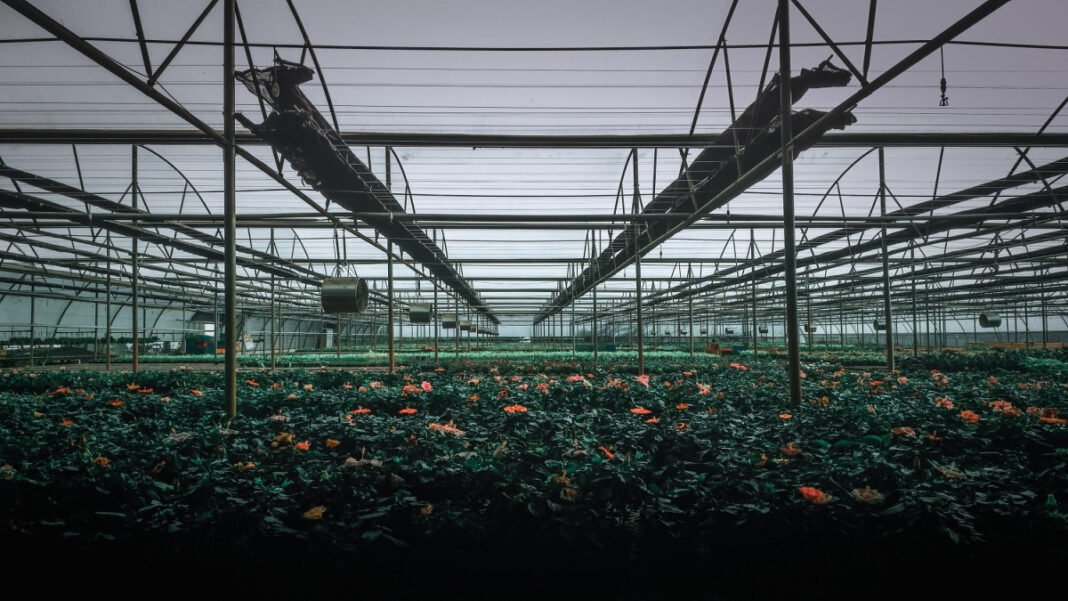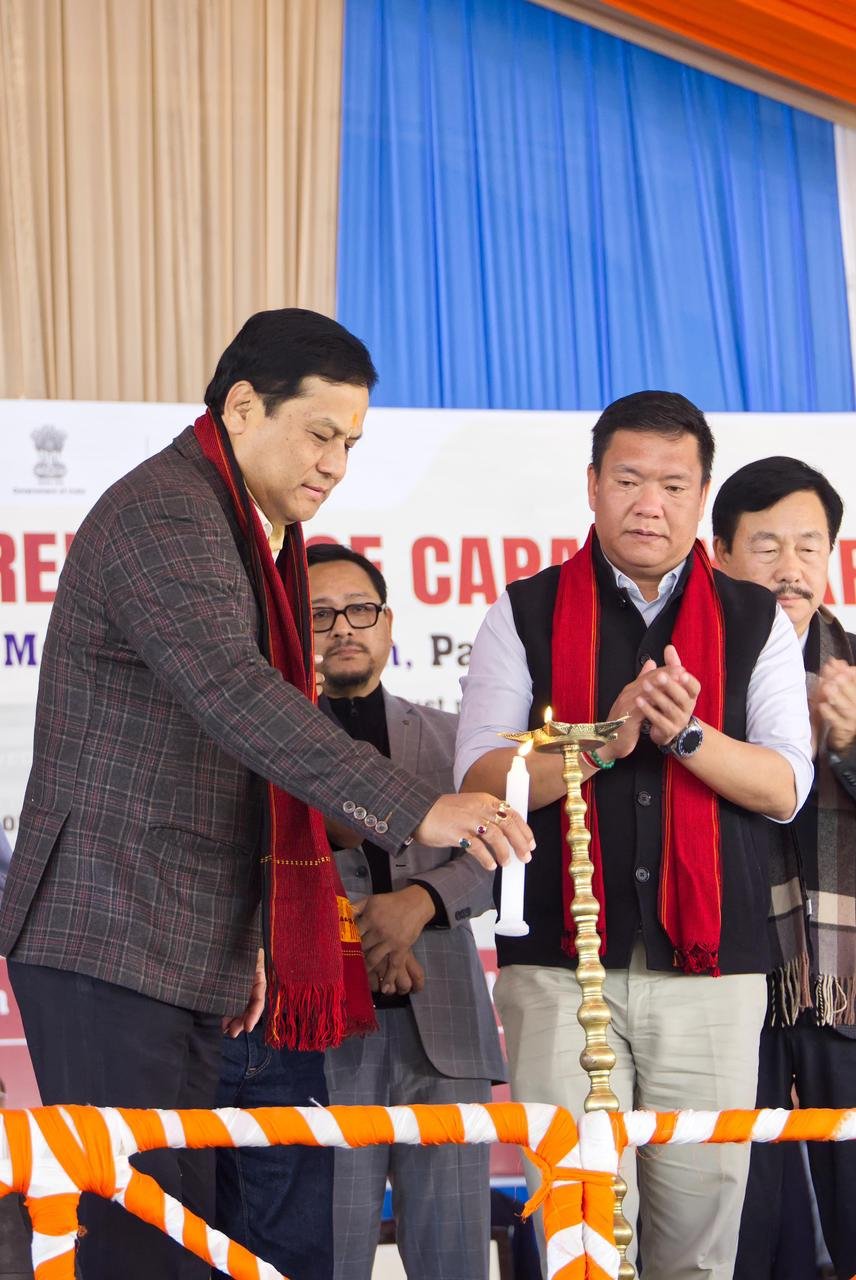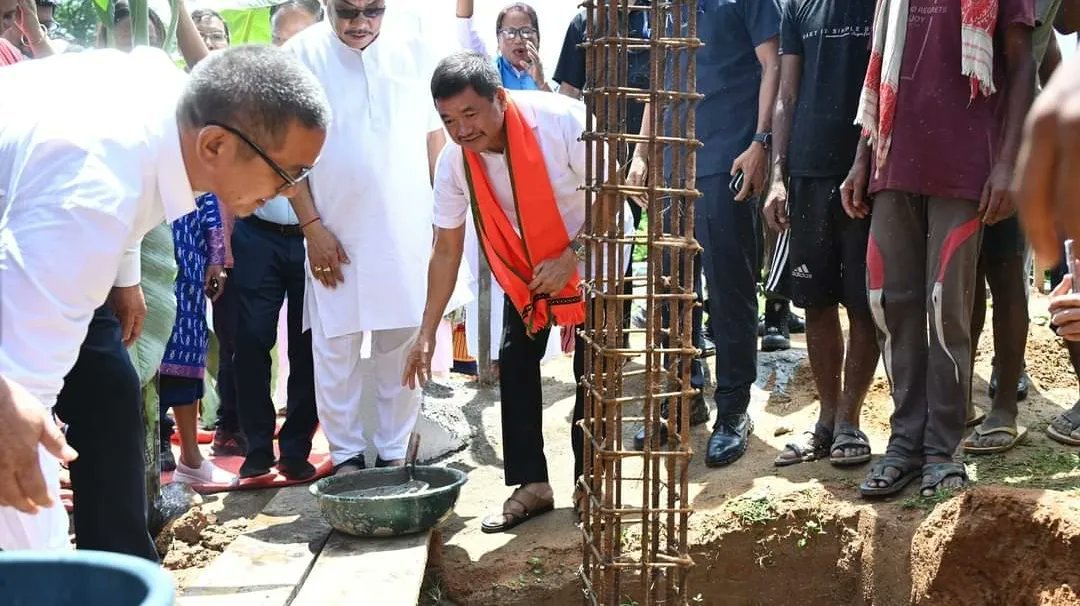HT Bureau
DIPHU, Oct 9: A one-day workshop on awareness and documentation of food and medicinal plant resources in the Karbi food system was organised by North Eastern Institute of Ayurveda & Folk Medicine Research Pasighat, Arunachal Pradesh in collaboration with Chingrum Self Help Group (SHG) and Terang CLF, Borlangpher Cluster, Karbi Anglong at Longki Timung village Open Stage, Theso Ajur Diphu.
At the seminar, around 37 women of Longki Timung and nearby villages brought various types of herbs, wild vegetables and medicinal plants to display and understand their uses. Altogether 97 types of medicinal plants and their uses were identified during the seminar.
The seminar was presided over by Karbi Anglong Autonomous Council, Tribal Cultural research officer (TCRO) Dilip Kathar.
The resource person, Dr Robindra Teron, director, North Eastern Institute of Ayurveda & Folk Medicine Research, Pasighat, Arunachal Pradesh said, “Since time immemorial, before the development of allopathy medicine, the Karbis have directly or indirectly dependent on wild herbs as medicine which are available in the forest and jungle. But the taboo on sharing the knowledge by the Karbis prevented identifying the medicinal plants and their uses.”
Dr Teron also said, “But at present due to the advancement of modern medicine, people have gradually forgotten the plants/herbs and their uses. The people have now been avoiding taking medicinal plants/herbs. Instead of preserving the plants, the people have now cut and sold them in the market. To be free from various illnesses, like in the olden days, uses of wild herbs should be continued. It is high time to preserve the medical plants/herbs which are massively available in the forest and jungle.”
Dr Teron urged the villagers for the preservation of the medicinal plants.
During the seminar, a few names of wild herbs/vegetables and cultivated vegetables were identified such as Hanthu, Mehek, Hansangbi, Hanrisang, Hanserong, Pherkung, Rikang nemthu, Nopak ban, Chong amok, Vothung mekbop, Hanvoti, Tara, Dungkek, Riho, Jok’an, Phrikangnek, Jok’anso, Henru, Hensarku, Hanso, Tharmit, Tiha, Bithi phakno, Pindong, Nemsopi, Ruiloru, Amu kedo aphinu, Ahan kecho aphinu, Hanthai, Han bipo, Hanmoiso and Hankangjang, etc.







